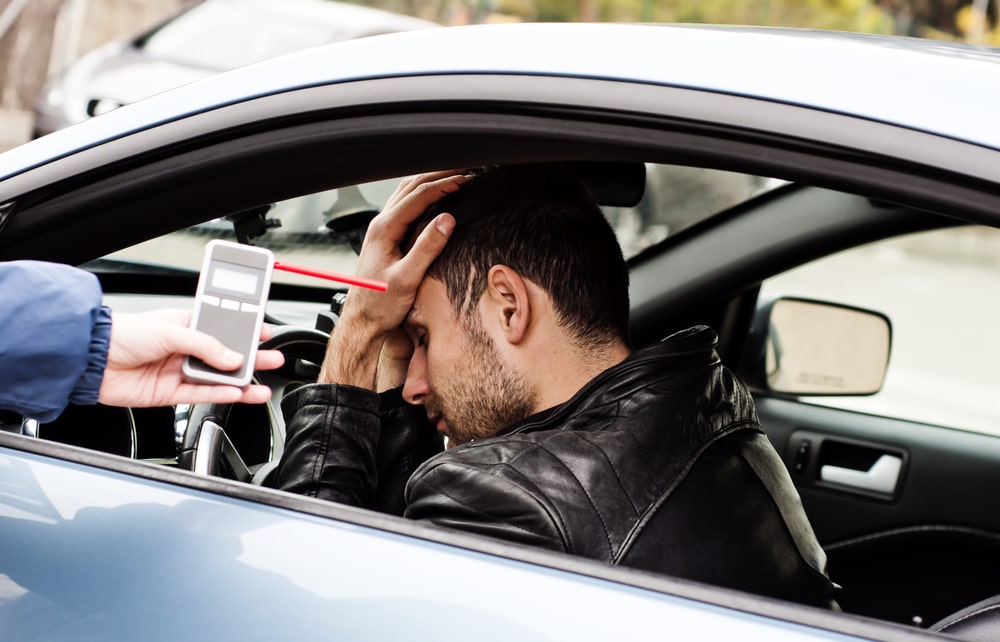Related Posts
In Massachusetts, drivers may face indefinite license suspension for a range of serious violations. These suspensions are put into effect by the Registry of Motor Vehicles (RMV) and can significantly impact an individual’s ability to legally operate a vehicle. Indefinite suspensions are not set to expire on a fixed date and require specific actions by the driver to have the suspension lifted. These actions often include the resolution of the underlying issue that led to the suspension, be it legal, administrative, or compliance-related.
Some common reasons for indefinite license suspension include failure to pay child support, accruing a significant number of traffic violations leading to a deemed status as a habitual traffic offender, or operating under the influence (OUI) leading to serious injury or death. These suspensions serve as a legal deterrent to prevent high-risk behaviors on the road and to promote public safety.
It is advisable for those with indefinitely suspended licenses to consult with a legal advisor for license suspension matters in MA. They provide guidance on navigating the complexity of state laws and regulations and help outline the necessary steps to reinstate driving privileges. Legal advisors can also represent the individual in any required hearings or proceedings, which may be critical in disputing or reducing suspension periods.
Common Reasons for License Suspension
In Massachusetts, a driver’s license can be suspended for various reasons, all of which reflect the state’s commitment to road safety and legal compliance. These suspensions can affect an individual’s ability to legally operate a vehicle, and in many cases, legal advisors specializing in license suspension matters may be consulted for guidance.
Traffic Violations
Traffic violations encompass a range of offenses that can lead to license suspension. They include:
- Excessive Speeding: Surpassing the speed limit by a significant amount can result in immediate suspension.
- Habitual Offender: A motorist who repeatedly commits traffic violations may be labeled as a habitual offender, leading to a potential suspension.
Operating Under the Influence
The term Operating Under the Influence (OUI) refers to the act of driving while under the influence of alcohol or drugs. Consequences include:
- First and Subsequent Offenses: The severity of the suspension increases with each offense, ranging from 45 days to permanent revocation for multiple offenses.
- Refusal to Submit to Chemical Testing: Massachusetts’ implied consent law means that refusal to undergo breathalyzer or chemical testing can result in an immediate 180-day suspension for first-time offenders.
Failure to Pay Fines
Failure to comply with financial obligations can result in a suspended license:
- Outstanding Traffic Tickets: Non-payment of fines for traffic violations can lead to an indefinite suspension until the fines are settled.
- Court-Related Fines: Similarly, neglecting to pay fines imposed by a court for any criminal or civil matter can also result in suspension.

Administrative and Legal Process
When an individual faces the possibility of an indefinite license suspension in Massachusetts, it is crucial to understand the administrative and legal steps involved.
Notice of Suspension
The Massachusetts Registry of Motor Vehicles (RMV) will issue a Notice of Suspension to the driver, detailing the reason for the suspension and providing information on how to proceed. The notice typically outlines the specific violations or circumstances that have led to the potential suspension and will be sent via mail to the address on record.
Hearing Process
Once a Notice of Suspension is received, individuals have the opportunity to request a hearing before the suspension becomes effective. Hearings are administrative processes where individuals can:
- Present their case
- Provide evidence
- Offer testimonies to dispute the suspension
This step is often handled in conjunction with a legal advisor specializing in license suspension matters in Massachusetts to ensure a well-prepared defense.
Appealing a Suspension Decision
If the outcome of the hearing is not favorable, there is an option to appeal the suspension decision. Appeals must be filed within a specific timeframe and are reviewed by either the RMV Board of Appeal or the court. During this phase, the focus is on:
- Presenting new evidence, if available
- Contesting legal or procedural errors in the initial hearing
A legal advisor can assist in navigating the appeal process, helping to articulate the grounds for appeal and representing the case effectively before the reviewing body.
Reinstating a Suspended License
To reinstate a suspended license in Massachusetts, an individual must determine their eligibility for reinstatement and adhere to specific requirements and procedures. This process often necessitates careful adherence to legal stipulations and may require consultation with a legal advisor.
Eligibility for Reinstatement
Before an individual can proceed with reinstating their license, they must first become eligible. Eligibility is contingent upon serving the minimum period of suspension mandated by Massachusetts law and satisfying any specific conditions that led to the license’s suspension. For instance, if a license was suspended due to reckless driving, the individual must complete the required waiting period and possibly attend a driver retraining program.
It is highly recommended to seek guidance from a legal advisor who specializes in license suspension matters in Massachusetts, as this professional can provide personalized advice on eligibility, ensuring all legal requirements are met.
Requirements and Procedures
Meeting the following requirements is essential for reinstatement:
- Payment of Reinstatement Fees: A non-refundable fee is required to process the reinstatement of a suspended license. The fee varies based on the violation.
- Completion of Required Programs: Depending on the cause of suspension, attendance and completion of courses or programs, such as traffic school or substance abuse education, may be necessary.
- Provision of Necessary Documentation: This can include proof of completion of court-ordered programs, evidence of car insurance (SR-22), or a clearance letter.
To initiate the procedures for reinstatement, the individual should:
- Confirm eligibility and completion of all requirements.
- Apply for reinstatement online through the Massachusetts Registry of Motor Vehicles (RMV) or in person at an RMV Service Center.
- Submit all required documentation and payment of the applicable fee.
- Await notification from the RMV regarding the status of the license reinstatement.
If there are complications or uncertainties in the process, professional legal advice should be considered. A legal advisor in Massachusetts will be equipped to navigate any complexities associated with the specific reasons for the license suspension.
Categories: Massachusetts Laws
Previous Article Next Article
